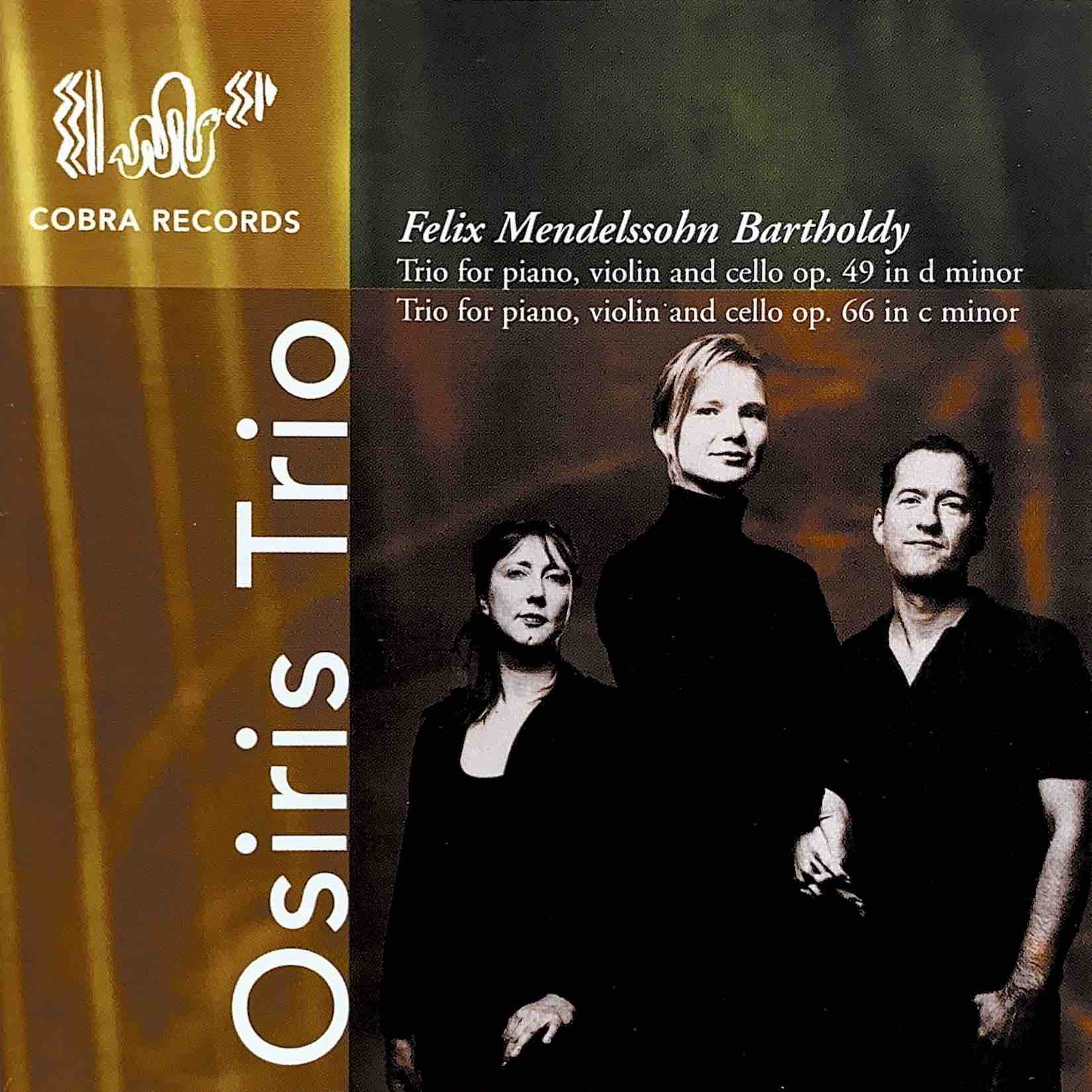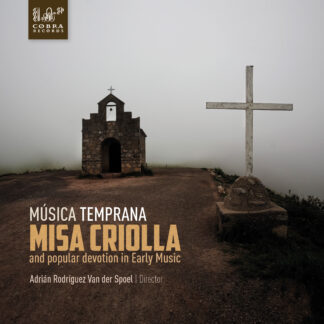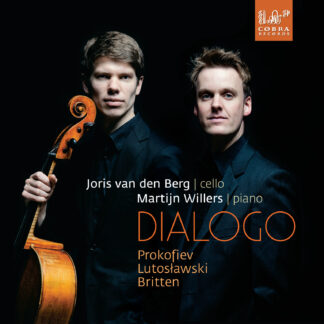Felix Mendelssohn Bartholdy
Price range: €8.99 through €16.99
Description
OSIRIS TRIO
Romantic
Of all our most loved nineteenth century composers, Felix Mendelssohn Bartholdy least fulfils the typical image of a “romantic artist”, of someone who creates to fill the gap of what he himself lacks, a person misunderstood by his contemporaries, and an individual invariably doomed to remain a social misfit because of an unhappy youth. Always short of money and physically infirm, this creator of immortal beauty is unremittingly unsuccessful in love. It is in fact the biography of such an artist rather than his creations that works on every human emotion as a tear-jerker.
None of the above applies to Mendelssohn. He benefited from a strict but loving upbringing during which his musical talents were sensibly dealt with. Although recognised at an early age as a child prodigy, he was never exploited on this account. His parents. also kept a watchful eye on sides of his personal development other than his purely musical gifts: he demonstrated an above average ability for sport, dance, chess, drawing and for languages. At the tender age of twelve, Felix was even initiated into philosophy and literature by none other than the ageing Wolfgang Goethe. Mendelssohn benefited from a classical education which would make him into a hardworking family man; and as the descendent of a banking family, he would never have financial worries. He was, furthermore, a loving husband and a devoted and ever-present father, an indefatigable advocate and supporter of the compositions of others, the founder of a highly-principled style of musical education and a driving force behind the thriving concert practices in various European capitals. He was well-travelled and well-read, modest and courteous, and at the end of his short life (Beethoven and Schubert had both recently died, while Chopin, Liszt, Verdi, Wagner and Schumann had yet to reach the peak of their fame), he was heralded by many as the greatest composer of his era.
With even a third of these qualities, Mendelssohn would have been the embodiment of a dream-come-true for any immigrant family. In status alone, Felix far surpassed his grandfather Moses. This forefather of the Mendelssohn lineage had left the Dessau ghetto in 1743, as destitute as he was inquisitive, in order to dedicate himself to philosophy in Berlin. “Through the Rosenthaler Tor there today passed six oxen, seven pigs and a Jew” an attentive gate-keeper noted in his log-book the day Moses Mendelssohn entered Berlin through the only entrance open to Jews. Being a descendant of this scarcely- tolerated community, he was forced to buy his way into the Prussian capital. Once there, he became one of the founders of the Aufklärung or philosophical Enlightenment that arose in Europe around 1800. His sons, Joseph and Abraham, would later set up a bank in the city of Hamburg. Continuing anti-Semitism led Abraham Mendelssohn and his artistic wife, Lea Salomon, to have their four children baptised and to add the less Jewish- sounding ‘Bartholdy’ to their surname. Protecting Fanny, Felix, Rebecka and Paul from anti-Semitism through conversion proved to be a vain hope. Within ten years of Felix Mendelssohn Bartholdy’s death, Richard Wagner would publicly question as to whether this “Jew” had managed to give expression to the true German spirit. By this, would Wagner have meant that same spirit that led the monument erected for Mendelssohn in Leipzig to be demolished on the night of 10 November, 1936, a precursor to the attempted total destruction of Jewish culture in Europe? Or was it the other composer from Leipzig that was speaking here, the one who simply couldn’t stomach the fact that of all people, the intruding offspring of a Mendel had brought the German public to believe that musical history predated the arrival of Wagner himself.
Mendelssohn’s work, his considerable social merits, and the special role that he played in reviving the interest in Johann Sebastian Bach, make him a unique figure in the romantic era. While his contemporaries were rather giving expression to their most intimate emotions, Mendelssohn showed himself to be a practitioner of a more classical interpretation of art.
Only his death complied with the rules of romantic art. His sister Fanny, three years older than Felix, died of a stroke. It was a blow from which he never fully recovered. To this day, the exchange of letters between brother and sister testifies to their profound relationship. The talented Fanny understood Felix better than anyone else: she saw how he dedicated himself to the standing of his family and how high the standards were that he had set. Torn apart by his loss and close to complete physical exhaustion, the 38-year old Felix was soon struck by a brain haemorrhage. A second stroke which followed proved to be fatal, and so ended a life, that once deprived of its kindred soul, appeared to have become unbearably heavy.
Additional information
| Format | |
|---|---|
| Label | |
| Type |





